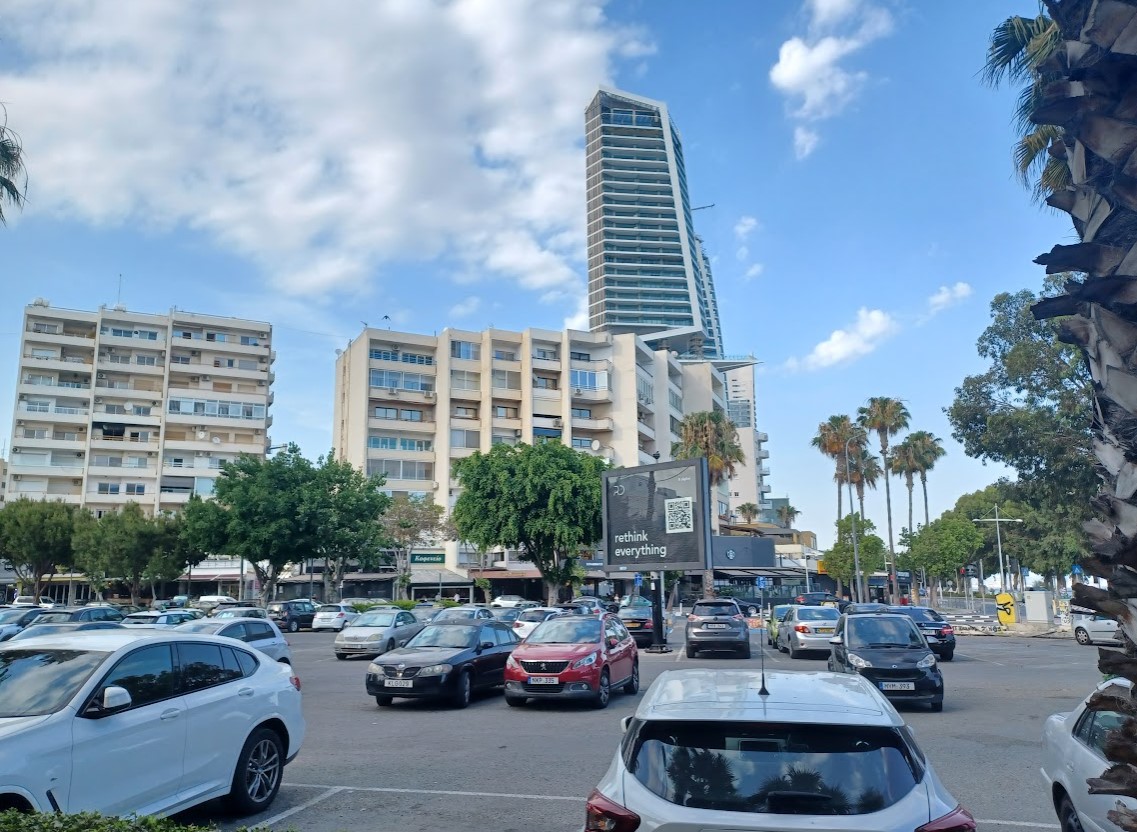Limassol municipality officials informed MPs on Thursday that they have just vetoed the creation of bus lanes along a major avenue inside the coastal city, as it would have exacerbated rather than eased traffic congestion.
The municipality’s decision goes against the sustainable urban mobility plan (SUMP) for Limassol.
SUMPs are the cornerstone of European urban mobility policy. The European Commission strongly recommends that European towns and cities of all sizes embrace the concept of SUMPs. These can improve the overall quality of life for residents by addressing major challenges related to for example congestion, air/noise pollution, climate change, road safety, and parking.
But Limassol municipality officials said the planned bus lanes on Nikos & Despina Pattichis Avenue would have disrupted commerce for the shops in the area, plus the construction of traffic islands would interfere with ambulances’ access to the street.
Limassol mayor Yiannis Armeftis said that some 34,00 vehicles use the avenue daily.
He mentioned that a consultant told the municipality that one alternative could be for the bus lanes to be turned into ‘high-density lanes’ – in other words allow buses but also cars with more than two people on board.
Resolving the city’s traffic issue requires a ‘holistic plan’ that goes well beyond the creation of bus lanes, the mayor said.
Disy MP Efthymios Diplaros acknowledged that steps need to be taken to alleviate traffic congestion, but not at the expense of businesses.
“We don’t want to drive them [businesses] to the brink of disaster,” he noted.
And he suggested that one possible solution would be to increase on-street parking.
On-street parking – or time-limited parking – is the practice of parking vehicles on the side of a public road or street. It is a common method of parking in urban and suburban areas where parking lots or dedicated off-street parking spaces may be limited.







Click here to change your cookie preferences